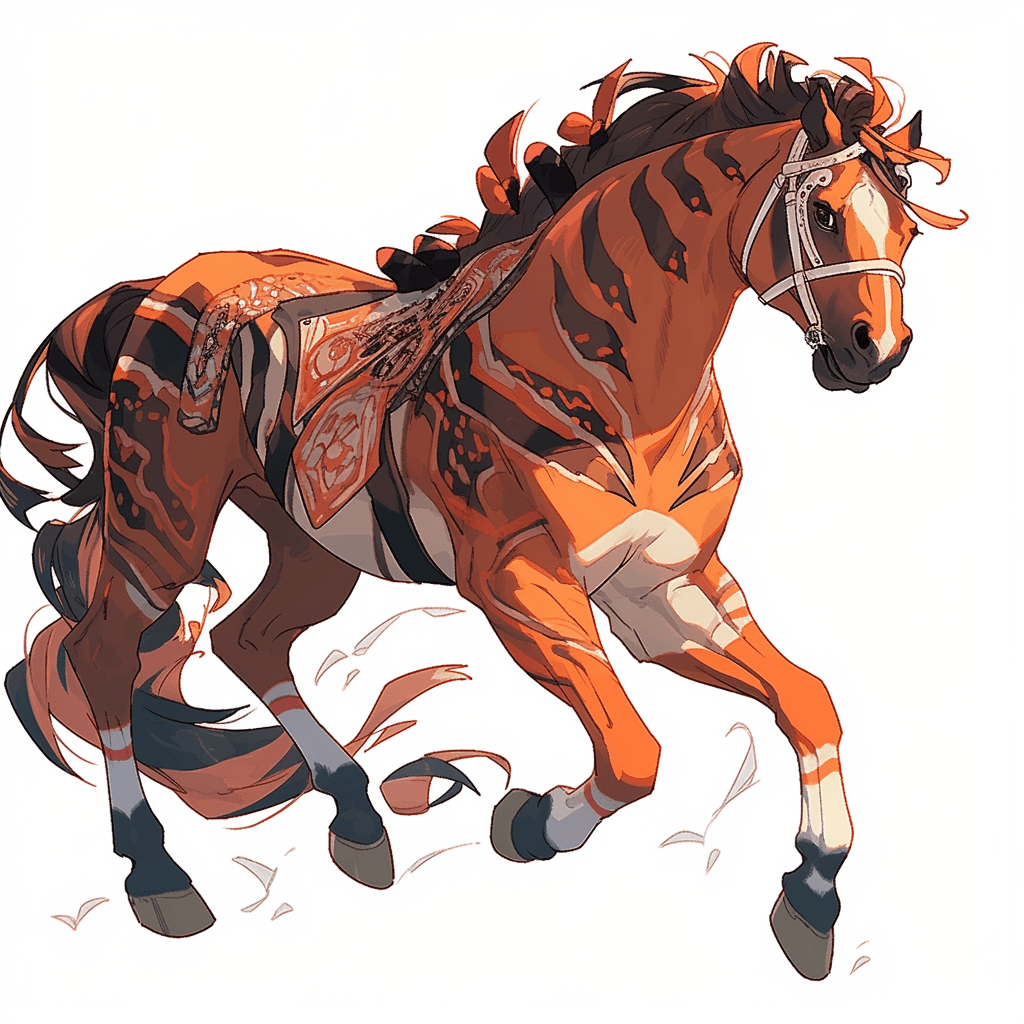Hey there, language learners! Today, we’re exploring a powerful Chinese idiom that’s both vivid and thought-provoking: 懸崖勒馬 (xuán yá lè mǎ).
Imagine you’re hiking up a steep, narrow mountain trail. The view is breathtaking, but as you approach the edge of a cliff, you realize the danger ahead.
At that moment, you pull back, stopping just in time. This scenario captures the essence of 懸崖勒馬, an idiom that embodies the idea of stopping yourself before it’s too late.
Now, let’s break down this idiom in detail. By the end of this article, you’ll understand not only its meaning but also its cultural roots, and you’ll know how to use it in everyday conversations. Let’s go!
Definition of 懸崖勒馬
- Traditional: 懸崖勒馬
- Simplified: 悬崖勒马
- Pinyin: xuán yá lè mǎ
- English: Rein in at the edge of the precipice
- Definition: 懸崖勒馬 conveys the idea of stopping oneself in the face of impending danger, much like making a last-minute decision to change course before irreversible consequences occur. It’s often used to describe situations where someone wisely halts a harmful action, showing self-control and a willingness to change before it’s too late.
This idiom is composed of four characters that paint a dramatic picture. 懸崖 (xuán yá) means “cliff,” and 勒馬 (lè mǎ)means “to rein in a horse.” Together, they create the vivid image of someone pulling on the reins of their horse right at the edge of a cliff, stopping it just in time before disaster strikes.
History of 懸崖勒馬
The idiom 懸崖勒馬 has its roots in an earlier phrase, 臨崖勒馬 (lín yá lè mǎ), which directly means “to rein in at the cliff’s edge.” The character 臨 (lín) means “to face” or “approach,” emphasizing the immediacy of the danger.
Over time, 臨崖勒馬 evolved into the form we know today as 懸崖勒馬, with 懸 (xuán) meaning “hanging” or “suspended,” adding a more dramatic image of a sheer cliff face and the urgency of pulling back from the brink.
The idea of this idiom originates from ancient times when horses were the primary mode of transportation. Riders had to be extremely cautious when navigating treacherous paths, especially near steep cliffs.
The act of “reining in” a horse at the last possible moment to avoid disaster became a vivid metaphor for stopping oneself before making a grave mistake.
Modern Usage of 懸崖勒馬
In contemporary Mandarin, 懸崖勒馬 is used to describe situations where someone realizes they are headed toward a dangerous path—be it a bad decision, habit, or action—and then stops themselves just in time.
This idiom is often employed when discussing critical moments that involve making a change to avoid severe consequences, such as financial mistakes, unhealthy relationships, or reckless behavior.
For example, if someone was close to making a risky financial investment but then chose to back out after realizing the potential losses, a friend might say they “懸崖勒馬了,” praising their ability to stop before the disaster.
懸崖勒馬 can be used in both formal and informal contexts. In the news or public discussions, you might hear it when people talk about government policies, emphasizing the importance of avoiding irreversible decisions. Among friends, it can be a supportive reminder to rethink one’s actions before reaching a point of no return.
3 Example Sentences of 懸崖勒馬
- 他差點做出錯誤的決定,幸好最後懸崖勒馬,避免了更大的損失。
- 當他意識到事情的嚴重性後,立刻懸崖勒馬,停止了危險的行為。
- 朋友的勸告讓她懸崖勒馬,沒有繼續走上那條錯誤的道路。
- Tā chàdiǎn zuòchū cuòwù de juédìng, xìnghǎo zuìhòu xuányá lè mǎ, bìmiǎnle gèng dà de sǔnshī.
- Dāng tā yìshí dào shìqíng de yánzhòng xìng hòu, lìkè xuányá lè mǎ, tíngzhǐle wéixiǎn de xíngwéi.
- Péngyǒu de quàngào ràng tā xuányá lè mǎ, méiyǒu jìxù zǒu shàng nà tiáo cuòwù de dàolù.
- 他差点做出错误的决定,幸好最后悬崖勒马,避免了更大的损失。
- 当他意识到事情的严重性后,立刻悬崖勒马,停止了危险的行为。
- 朋友的劝告让她悬崖勒马,没有继续走上那条错误的道路。
- He almost made a wrong decision, but fortunately, he stopped in time, avoiding a bigger loss.
- When he realized the severity of the situation, he immediately stopped his dangerous actions.
- Her friend’s advice made her stop just in time and prevented her from continuing down the wrong path.
Now that you’re familiar with 懸崖勒馬, you can see how this idiom powerfully describes those critical moments of realization and change. It’s a reminder that no matter how far along a risky path you might be, there’s always the option to pull back and make a wise decision.
Keep practicing this idiom, and you’ll find plenty of situations to use it in both daily conversations and formal discussions. Remember, learning idioms like 懸崖勒馬 not only enriches your vocabulary but also deepens your understanding of Chinese culture. Be sure to check out my list of 20 useful idioms! 加油! (Jiāyóu! / Keep going!)




